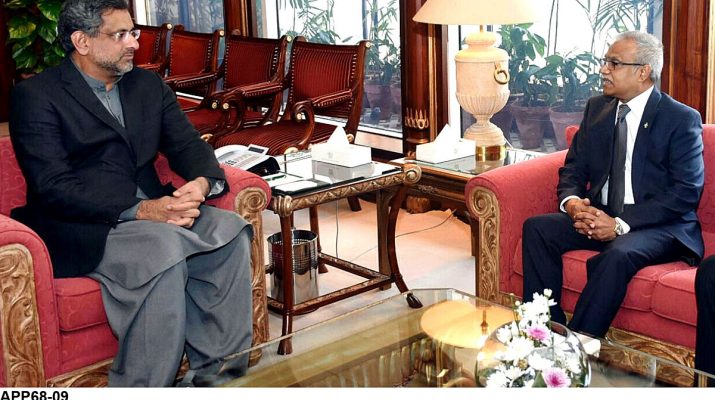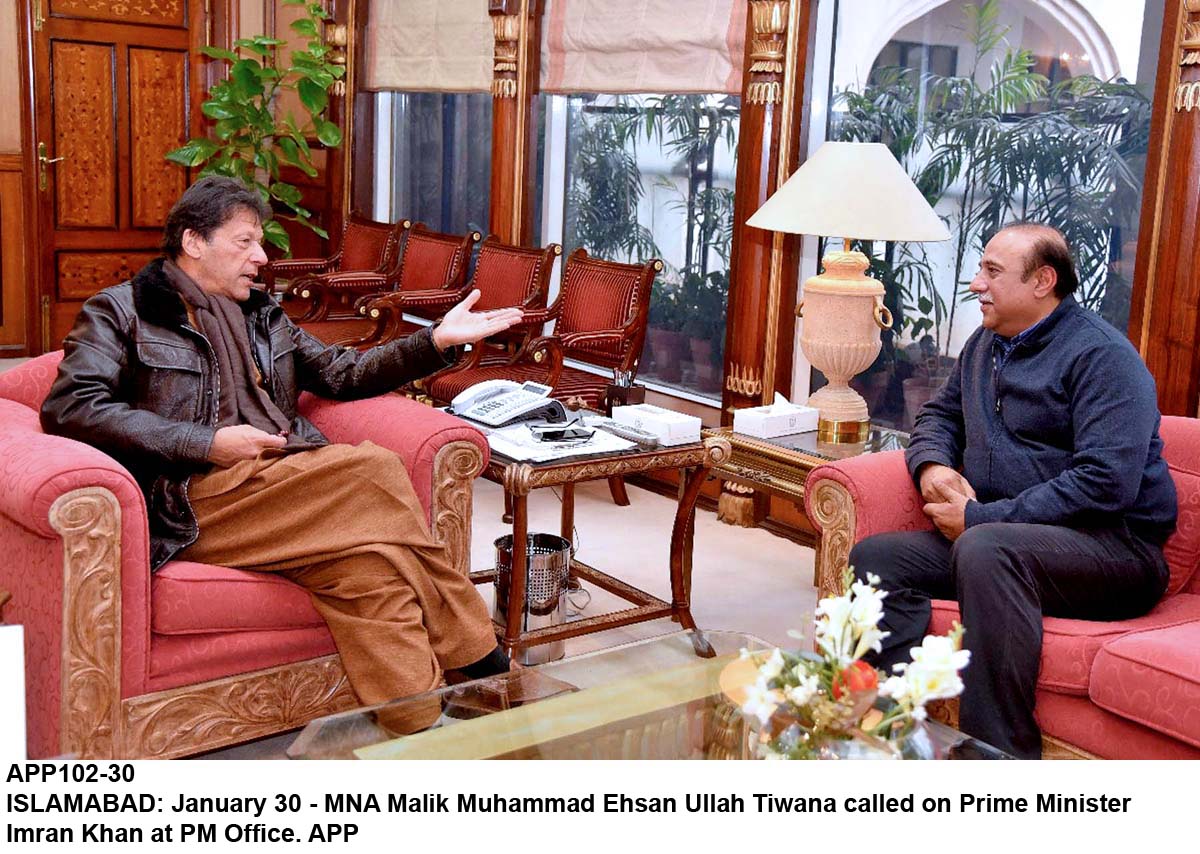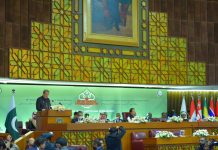By Rehan Khan
ISLAMABAD, May 05 (APP): Religious scholars and leaders from diverse schools of thought across the nation on Sunday endorsed the ‘Code of Conduct for Pilgrims’, issued jointly by the Pakistan Ulema Council (PUC) and the Hajj Organizers Association of Pakistan (HOAP).
According to a statement, this unified stance reflects a significant step towards ensuring a safe and spiritually enriching pilgrimage experience for Pakistani Muslims.
The Code of Conduct, meticulously crafted by the PUC and HOAP, encompasses various aspects of conduct, etiquette, and safety measures to be observed by pilgrims embarking on the sacred journey of Hajj. It emphasizes the importance of adhering to Islamic principles, maintaining discipline, and fostering a spirit of unity and brotherhood among pilgrims.
Key provisions of the Code of Conduct include guidance on personal hygiene, respect for fellow pilgrims, adherence to designated routes and timings, and compliance with the instructions of authorities and organizers. Moreover, it underscores the significance of upholding ethical standards, displaying patience and tolerance, and refraining from any behavior that may tarnish the sanctity of the pilgrimage.
The endorsement of this Code of Conduct by religious scholars and leaders underscores the collective commitment of Pakistan’s religious community to promote harmony, respect, and reverence during the sacred pilgrimage. It reflects a shared understanding of the importance of ensuring a safe and spiritually fulfilling experience for all pilgrims, regardless of their sect or school of thought.
In a joint statement, PUC Chairman Hafiz Muhammad Tahir Mahmood Ashrafi and HOAP President Jamal Khan Tarakai, expressed gratitude for the overwhelming support and endorsement from religious scholars and leaders. They emphasized the significance of collaboration and unity among different religious groups in upholding the values of Islam and facilitating the performance of religious obligations.
They said the endorsement of the Code of Conduct by religious scholars and leaders is expected to have a profound impact on the behavior and mindset of Pakistani pilgrims, guiding them towards a Hajj experience characterized by piety, humility, and devotion. They said it also serves as a testament to the collective wisdom and leadership of Pakistan’s religious community in fostering a culture of responsibility and reverence in religious practices.
It is worth mentioning here that as Pakistan prepares to send thousands of pilgrims to the holy cities of Makkah and Medina for the annual Hajj pilgrimage, the endorsement of the Code of Conduct by religious scholars and leaders stands as a beacon of guidance and assurance, reaffirming the nation’s commitment to facilitating a Hajj experience that is both spiritually uplifting and socially responsible.














